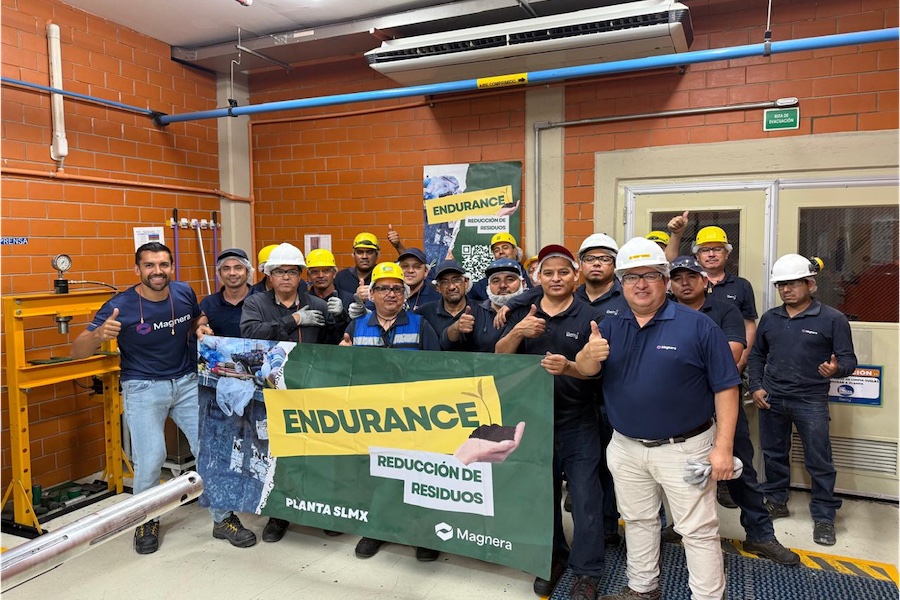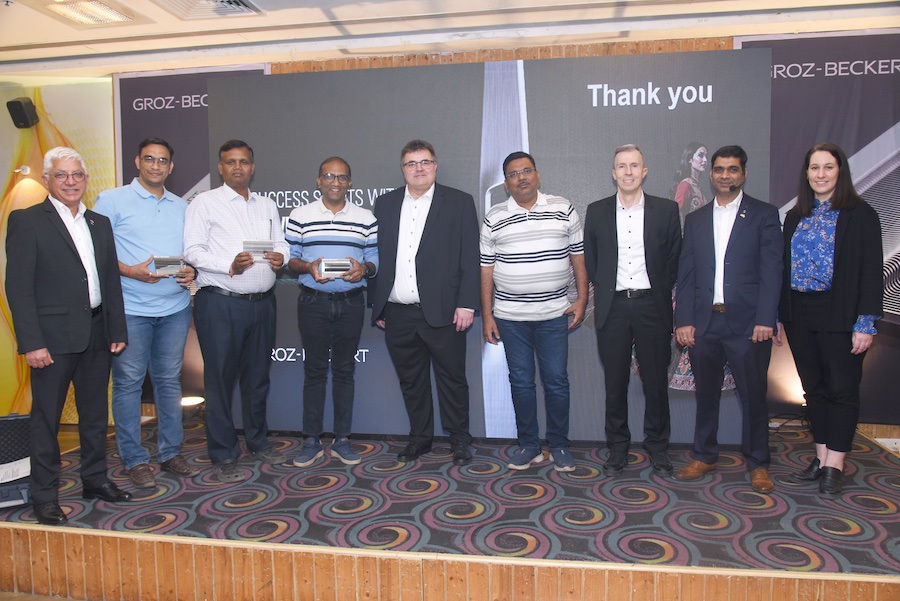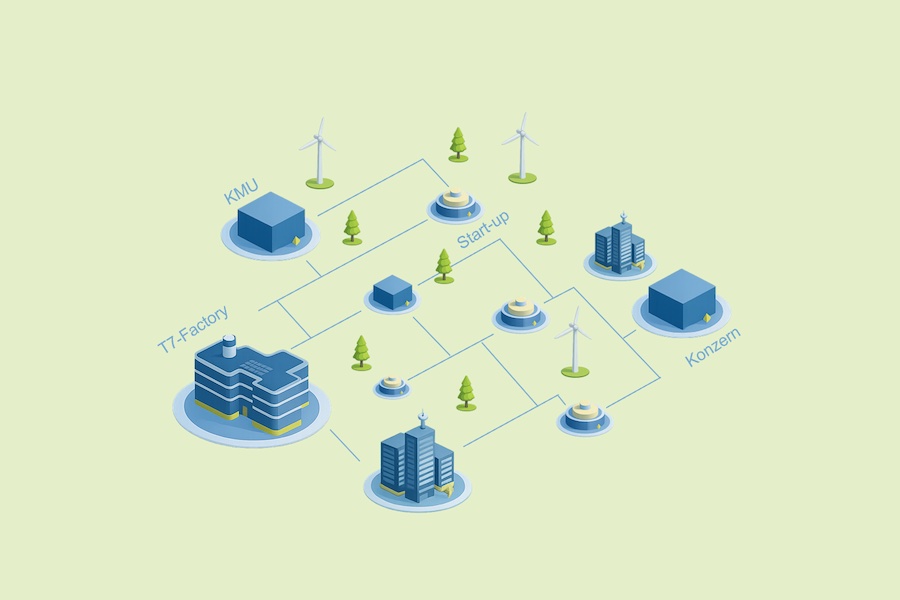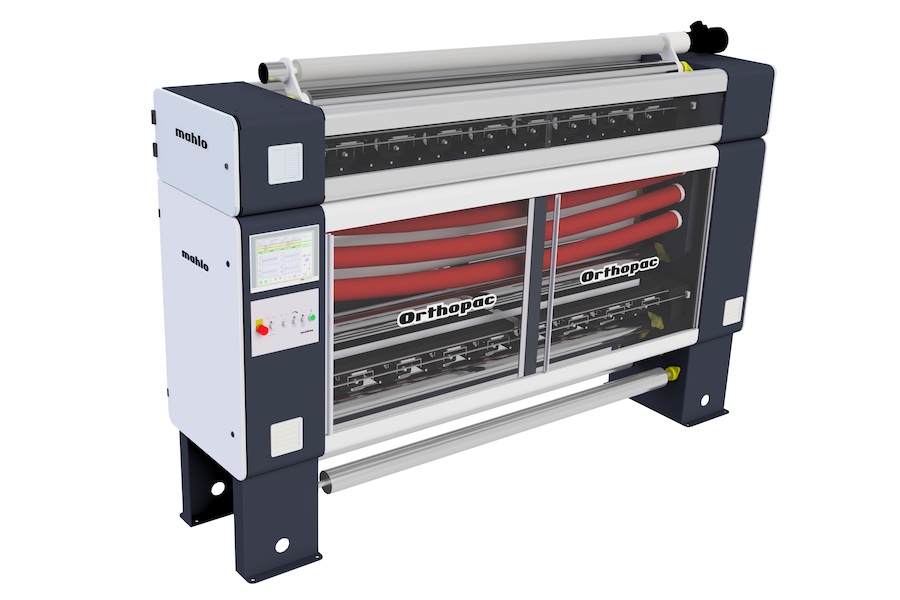#Sustainability
New certification labels recognised for the Green Button 2.0 I 28.02.2023
From now on, the following certification label will be accepted for manufacturing (recognition scope 1):
- SA8000
From now on, the following certification label will be accepted for certain fibres and materials on the level of raw material extraction, predominantly focusing on the use of cotton from divers forms of sustainable, agricultural production (sub-scope 6).
- Fairtrade Cotton (Fairtrade Cotton product certification label in the colour black/traceable and Fairtrade Sourced Ingredient certification label in the colour white/mass balance
These newly evaluated certification labels complement the recognised certification labels published in 2022:
- bluesign®PRODUCT: For the recognition scope wet processes. For the recognition scope fiber and material use for the use of virgin polyester
- Cotton Made in Africa (CmiA): For the recognition scope fibre and material use for the use of plant-based fibres
- Global Organic Textile Standard (GOTS): For the recognition scope fibre and material use for the use of plant-based and animal fibres and for the use of man-made fibres greater than 10% and less than 30%
- Global Recycled Standard (GRS): For the recognition scope fibre and material use for the use of recycled man-made and plant-based fibres
- Naturtextil IVN zertifiziert BEST: For the recognition scope fibre and material use for the use of plant-based and animal fibres
- Organic Content Standard (OCS): For the recognition scope fibre and material use for the use of plant-based and animal fibres as well as regenerated fibres
- Oeko-Tex Made in Green: For the recognition scope manufacturing and wet processes. For the recognition scope of fiber and material use for the use of virgin polyester (product class 1-3)
- Oeko-Tex Standard 100: For the recognition scope fiber and material use for the use of virgin polyester (product class 1-3)
- Recycled Claim Standard (RCS): For the recognition scope fiber and material use for the use of recycled man-made and plant-based fibres
- Responsible Down Standard (RDS): For the recognition scope fiber and material use for the use of down.
- Responsible Mohair Standard (RMS): For the recognition scope fiber and material use for the use of animal fibres
- Responsible Wool Standard (RWS): For the recognition scope fiber and material use for the use of animal fibres
This document lists all fibres and materials approved for the Green Button 2.0, combined with the respective recognised certification labels. All certification labels recognised for Green Button regarding the supply chain levels wet processing and manufacturing can be found here. The list will be further supplemented at a later date.
To meet the Green Button requirements for production processes and to be able to label products, companies must demonstrate recognised certification labels for all three areas (fibre and material use, wet processes, manufacturing). Prior to this, companies must demonstrate compliance with the requirements for corporate due diligence processes within a Green Button audit.
Recognition of the aforementioned certification labels is the result of a recognition process outlined in this fact sheet as well as in Green Button Standard 2.0: Process and Requirements for the Recognition of Certification Labels. Newly recognised certification labels were assessed prior to their recognition to determine whether they met the content requirements of the Green Button Standard as well as the eligibility requirements, which include requirements for their credibility. The recognition of the certification labels issued by the Federal Ministry for Economic Cooperation and Development (BMZ) is valid until the next revision of the Green Button. The recognition of the certification labels issued by the BMZ is valid until the next revision of the Green Button. Should the certification label itself undergo changes, it is to be reviewed in accordance with the Green Button Standard whether the recognition needs to be elicited in a new benchmarking.














